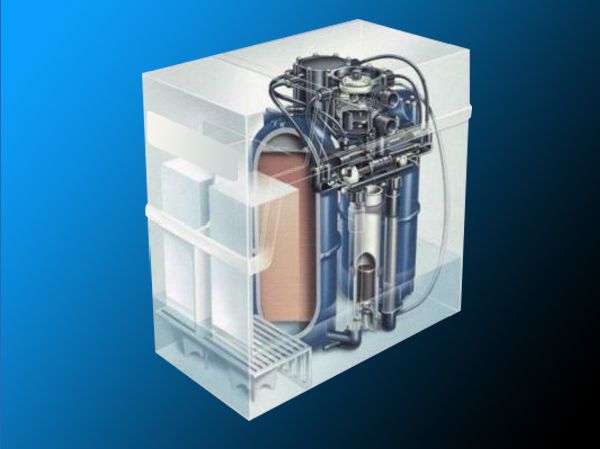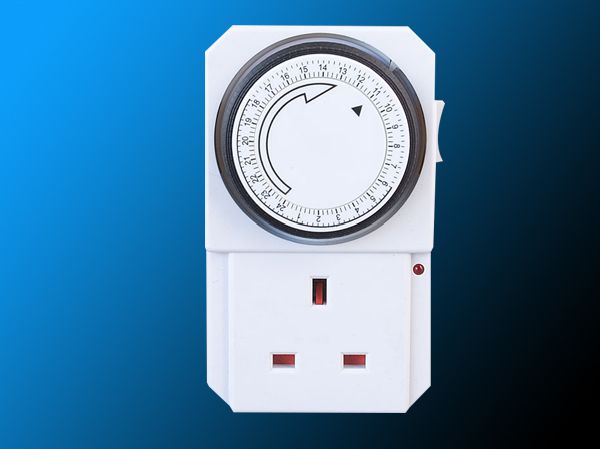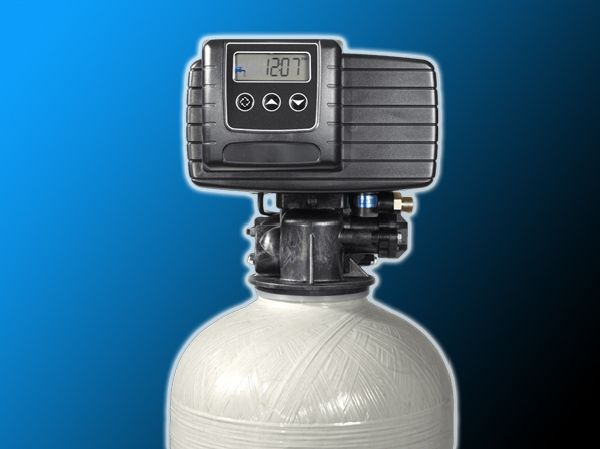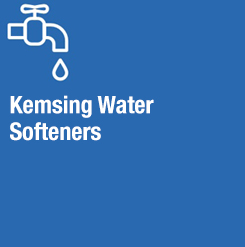
Non Electric Softners
As the name suggests, no electricity is used for operation. All parts are worked by the pressure of the water. These softeners have two cylinders, when one cylinder needs to regenerate the other cylinder continues to produce softened water. This results is softened water being always available. Non electric softeners only regenerate after a certain amount of water has passed through, therefore during periods of holiday no regeneration takes place as no water is being used. Likewise if a household has extra guests, the softener recognizes more water is being used and regenerates at more frequent intervals.

Electric Softeners - Timed
This softener is set by measuring the hardness of the water with the number of people in the household. A higher number of persons with harder water will require regeneration more often. Timed softeners use marginally more salt and water than metered electric softeners as they are set to accommodate an 'average' water usage. During periods of low water use, the softener will continue to regenerate at the same rate. Despite the extra salt and water usage, timed softeners are generally cheaper to buy than other softeners. These units may require resetting in the event of power failure.

Electric Softeners - Metered
This softener is set in the same way as the timed softener by measuring the hardness of the water and the number of people in the household. These softeners are more salt and water efficient than timed softeners as the water is measured as it passes through the softener. Regeneration takes place only when a given amount of water has passed through the softener. These units may require resetting in the event of power failure.
